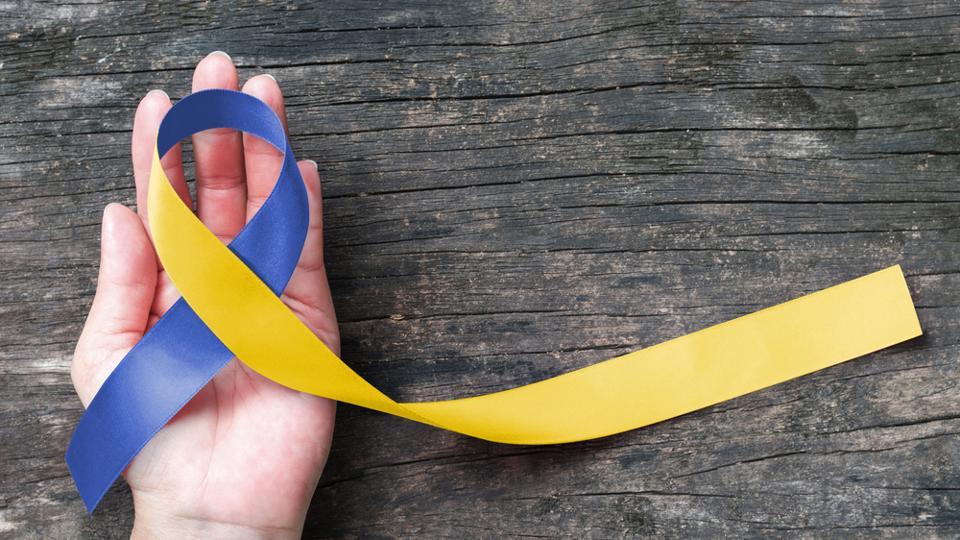
In 2012, the United Nations first observed World Down Syndrome Day, to raise awareness about the disease. Down Syndrome (DS), is also called as Trisomy 21, and is a common genetic birth disorder where extra genetic material causes delays in the child’s mental and physical development. While each cell in the human body contains 23 pairs of chromosomes, individuals with Down syndrome, have an extra 21st chromosome.
Dr Kushagradhi Ghosh, Bhagirathi Neotia Women and Child Care Center, Kolkata, shares some inputs about the condition:
* In India, the incidence of chromosomal disorders is 1:166 live births (Source: The Journal of Obstetrics and Gynecology of India).
* With India being one of the highest birthing nations, there is greater incidence of Down Syndrome and it occurs in approximately 1 out of 830 live births, as per Down Syndrome Federation of India.
* Down Syndrome is associated with mild to moderate learning disabilities, growth milestone delays, certain facial features and low muscle tone in early infancy.
* There is no exact reason known for the occurrence of Down Syndrome but it can be, at times, attributed to the age of the mother and if there is a family history of the disease.
* While there are no symptoms that a mother experiences during pregnancy, a series of screenings and tests can help detect Down Syndrome before birth.

* Women above 35 years of age can be at a higher risk of giving birth to a baby with Down Syndrome.
* The most common features associated with babies born with Down Syndrome include facial features that are flat, a small head and ears, abnormally shaped ears and slanting upward eyes, short fingers, and enlarged tongue.
* People with Down Syndrome are more prone to various infections due to low resistance. Many individuals with Down Syndrome go on to develop heart defects, leukemia, early-onset Alzheimer’s disease, gastro-intestinal problems, and other health issues (Down Syndrome Federation of India).
* There are no set treatments for Down Syndrome, but it can be addressed through a wide variety of educational and support programs that can help the child and the families concerned. Counselling sessions help families to help children with their social skills, motor movements, language and cognitive skills. There are also schools that help children with Down Syndrome to socialise and develop important life skills.
* Reports suggest that the life expectancy of kids with Down Syndrome has reached an average of 50-60 years.
[“source=hindustantimes”]








